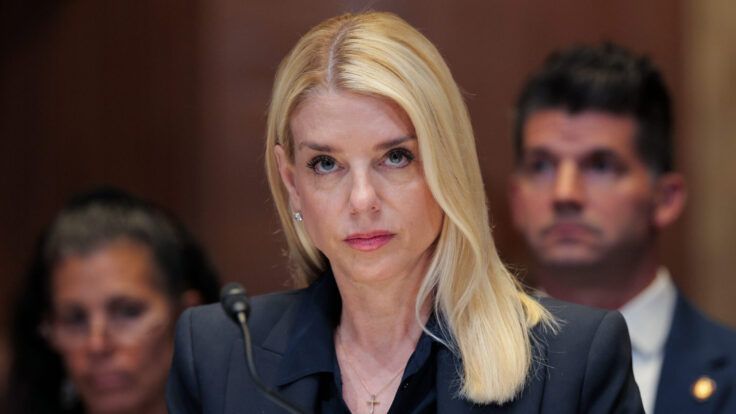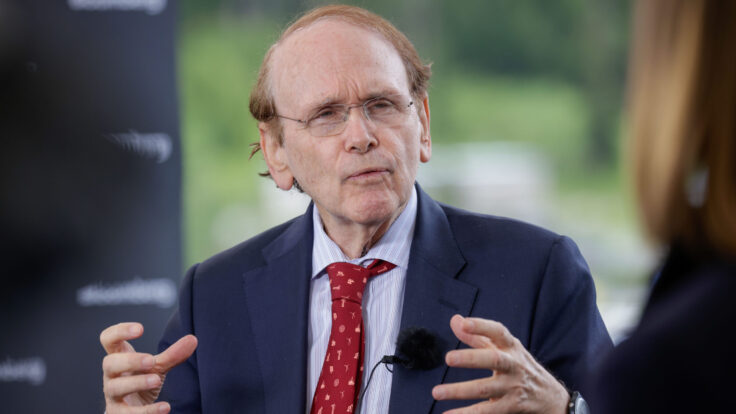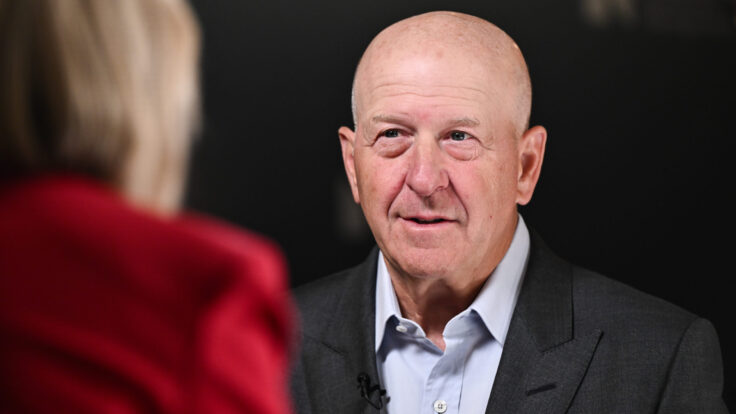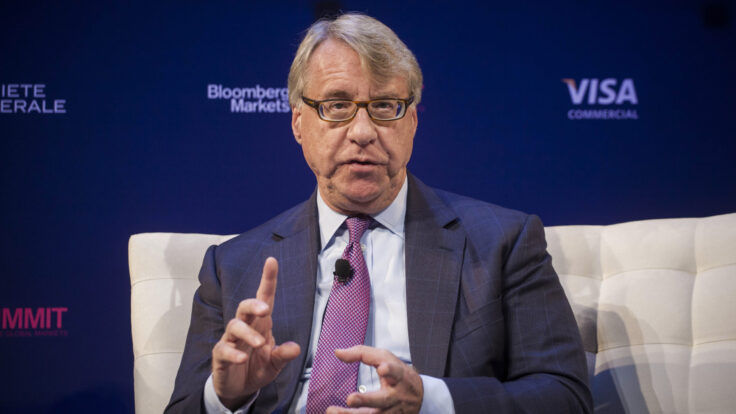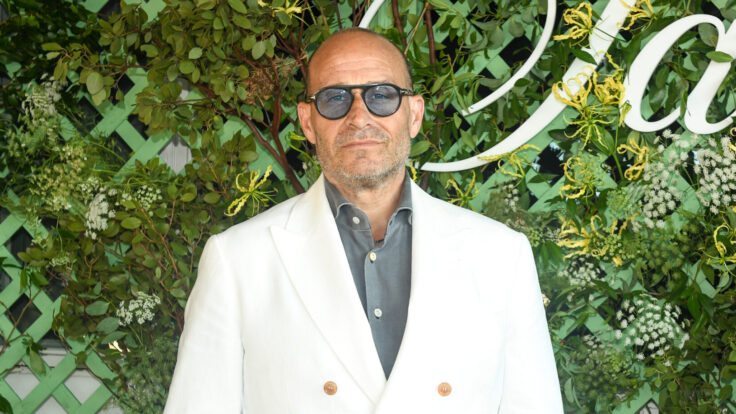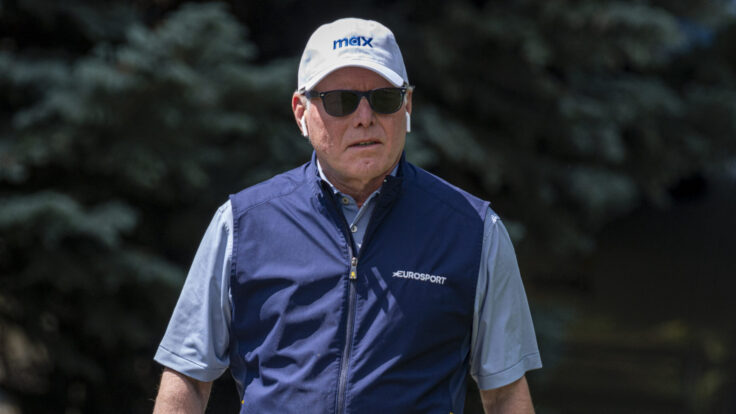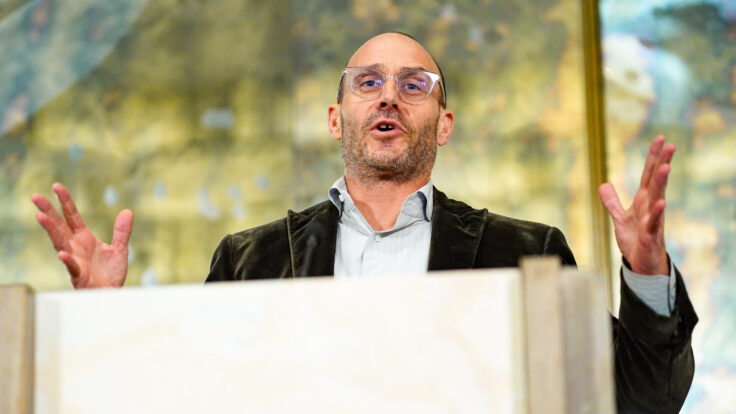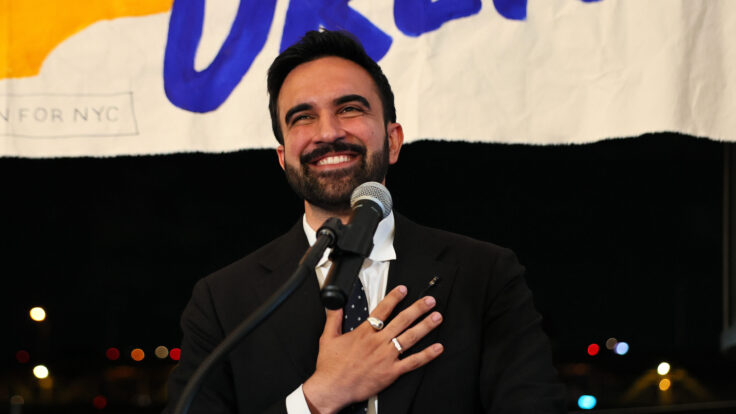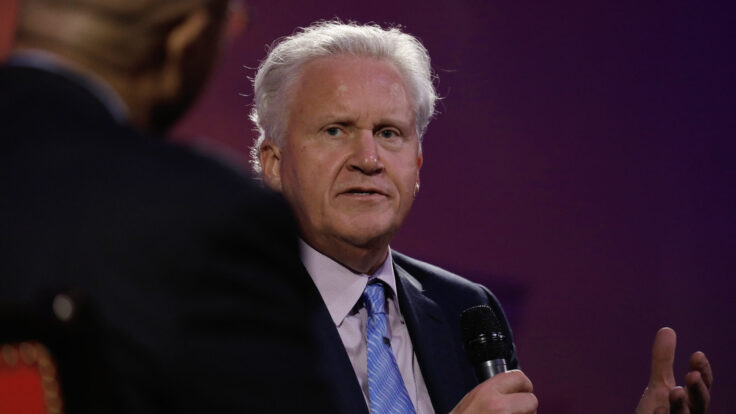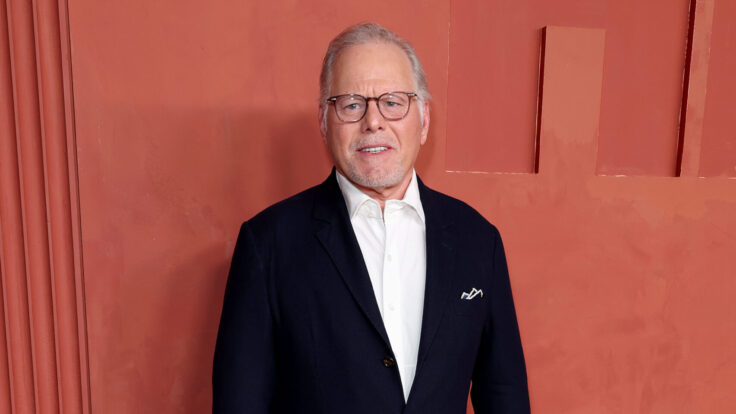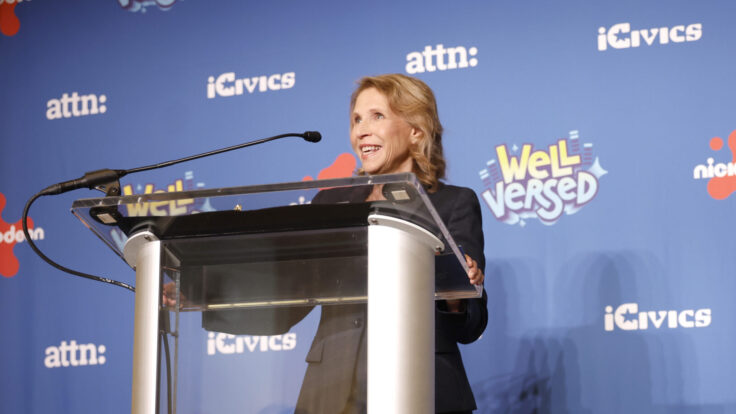 |
|
Welcome back to Dry Powder.
|
|
In today’s note, I attempt to untangle a Twitter mystery: Why does Elon Musk, after masterfully cornering the Twitter board into a deal, seem to be searching for a way out? It’s a sight to behold—watching a businessman of his stature grabbing defeat from the jaws of victory. Here’s what to expect next.
Bill
|
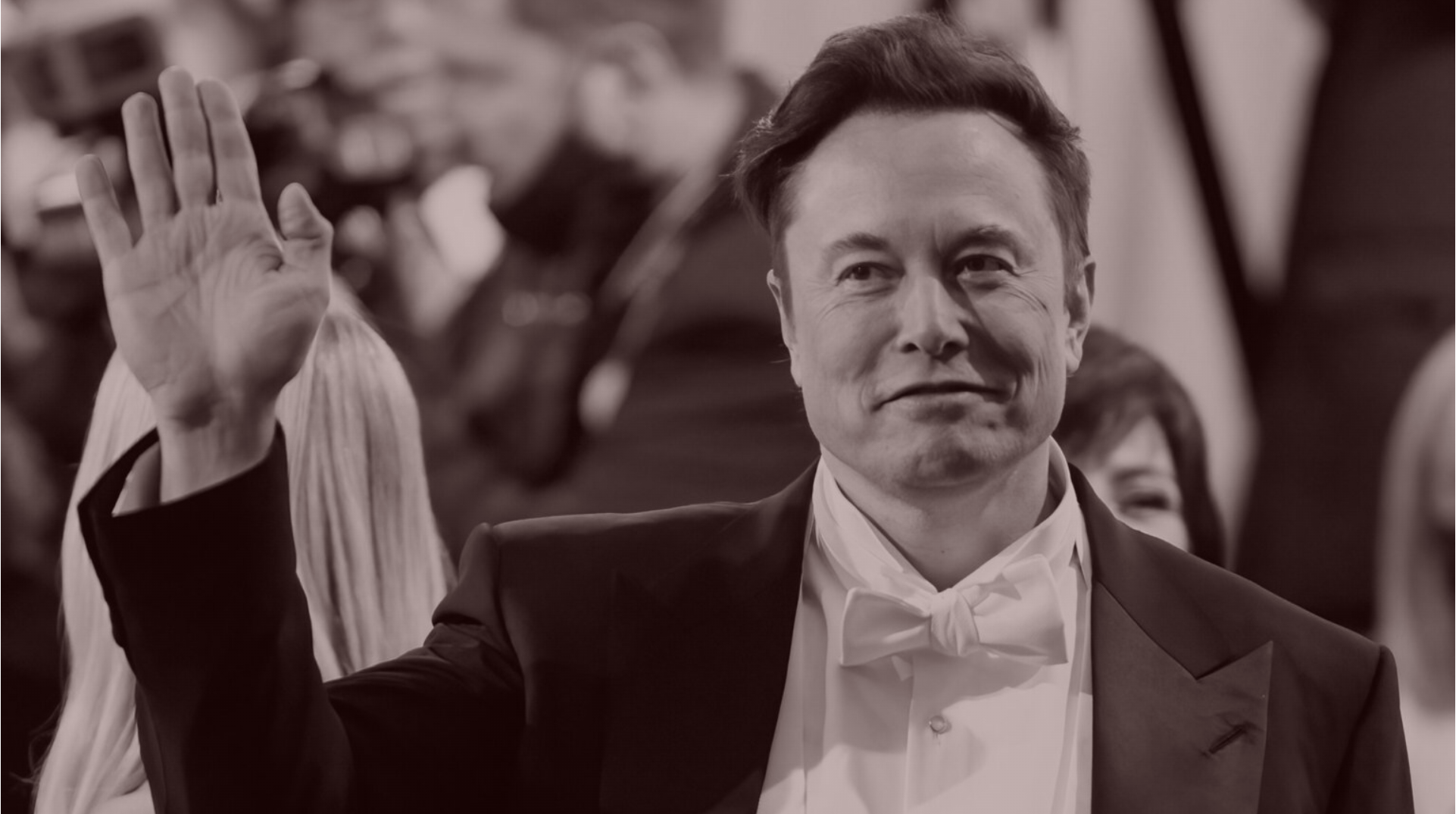 |
| Elon’s Next Moves |
| After brilliantly orchestrating the initial stanzas of his Twitter takeover, Elon Musk has now ceded much of the power back to the Twitter board. Where will it proceed from here? A lower price? A hostile takeover? Lawsuits galore? All the above? |
|
|
|
In order to fully comprehend our current juncture in the Twitter saga, it’s worth recalling how masterfully Elon Musk performed the first few stanzas. Between January and March, he stealthily accumulated a $2.64 billion stake in Twitter, which gave him more than nine percent of the company. Nobody had a clue he was doing this, except probably for the Wall Street traders who helped him do it, and they were smart enough to keep quiet. Then he filed his paperwork, fended off a feckless poison pill, and pulled together, seemingly effortlessly, the commitments for the $44 billion he would need to pay the Twitter shareholders that $54.20 per share in cash that he promised.
Elon was a total Jedi. He arranged for senior debt financing. He arranged for his margin loan on his Tesla stock. He committed to providing $21 billion of equity, without naming the sources of that equity. And he elegantly put the Twitter board in a position where it would have no choice other than to accept his offer. After all, there would be no way that Twitter’s financial advisers—Goldman Sachs, JPMorgan Chase, and Allen & Co.—could legitimately argue the deal was not fair to the Twitter shareholders from a financial point of view.
And of course they didn’t. The $44 billion was an amazing deal, especially for a company that at best was making $1 billion of EBITDA a year. Forced into a corner by Elon’s chess moves, the Twitter board quickly capitulated to the inevitable and entered into a merger agreement with him to buy the company. This was not the Elon of the SolarCity deal buffoonery or the “funding secured” to take Tesla private at $420-a-share debacle. This was a buyer who seemed well advised by Morgan Stanley. I see some of the fingerprints of my old boss, Rob Kindler, now a vice-chairman at the firm and the global head of its M&A group.
But after having won his prize, with what seemed like a minimum of effort, Elon started to lose his deal-making poise. To me, the first sign of weirdness was when he shared in an SEC filing that he was reducing the size of his margin loan to $6.5 billion, from $12.5 billion, and was replacing that source of financing with more equity, increasing that commitment to $27.25 billion, from $21 billion. This seemed a tad unusual given how quickly he agreed to the change, but given that he must have decided he didn’t want to risk what he had built in Tesla to buy Twitter, at least it made logical sense. His announcement that he had found 18 outside investors to pony up $7.1 billion to support his bid was both impressive, and a real head-scratcher, given Twitter’s projected financials and past performance and various unique headaches. Musk has his acolytes, but it takes a lot of guts to literally buy in to his vision for the future of Twitter.
But even with the $7.1 billion from the new investors, the $1.9 billion that Saudi investor and early Twitter backer Prince Alawaleed rolled in, and the nearly $4 billion worth of his own shares (at $54.20) that he doesn’t have to buy again, Elon’s equity hole is still around $14 billion. That’s a big number, even for one of the world’s richest men, especially when he seems to have reached his limit when it comes to obtaining additional margin for his Tesla shares. The Tesla stock, after all, is down more than 40 percent since the start of 2022 and down nearly 29 percent since he reached a merger agreement with the Tesla board on April 25 and shared that one source of his financing would be a margin loan on the Tesla shares.
Perhaps the fact that he’s not sure where that additional $14 billion is going to come from is the reason why Elon is starting to erupt in a bizarre fit of apparent buyer’s remorse—tweeting out his mood oscillations and new diligence peccadilloes seemingly as soon as they enter his large brain, and without any filter. He’s said a lower price for Twitter is not out of the question. He tweeted that “this deal cannot move forward” because of his strange concerns about spam bots on Twitter, which Twitter had long maintained were below 5 percent of Twitter users and that Elon figures must be higher. He then began to suggest that Twitter had somehow misrepresented to him the bot situation and that that “fact” might give him an out. “My offer was based on Twitter’s S.E.C. filings being accurate,” he tweeted at 3:32 a.m. Tuesday morning. This caused Parag Agrawal, Twitter’s C.E.O.—a man who certainly did not sign up for any aspect of this mishegas—to reply on Twitter that basically he had already privately answered Elon’s concerns. Elon tweeted out a poop emoji in response.
Indeed, Elon has gone from someone who was listening to his financial advisers to reverting back to his default style of acting impulsively and with seemingly little judgment. The market has taken notice, too. Whereas the Twitter stock recently traded above $50 per share—an appropriate amount below the $54.20, given that the deal would not likely close until October, giving M&A arbitrageurs a fair return on the investment they were making on Elon’s deal—it is now trading around $37.25 per share, some 31 percent below his offer price. This is a staggering loss of confidence by investors in Elon’s ability to get the deal done at the $54.20 in cash, promised. I’m sure the arbs who bought into Elon’s vision of $54.20 in cash are steaming mad.
|
|
|
Through these various head-scratching missteps, Elon has also started to cede back to the Twitter board much of the authority and power he had quickly gained over it at the start. This is something that an experienced deal hand would never have done, at least not in a self-inflicted way. He worked so hard and cleverly to put himself in a position to leave the Twitter board with little choice but to accede to him and his wishes, and yet now that upper-hand is dissipating rapidly, thanks to the very person who had boxed the board in the first place. I’m not sure I have seen anything quite like this in my 35 years as an M&A practitioner and Wall Street observer and historian.
Now all the board has to do is to point to the merger agreement that Elon signed with the board, and to say that it intends to live up to it. And that is what the well-advised board is doing. The Twitter board said that it was “committed to completing the transaction on the agreed price and terms as practicably as possible.” The board added that it and Elon had “agreed to a transaction at $54.20 per share. We believe this agreement is in the best interest of all shareholders. We intend to close the transaction and enforce the merger agreement.”
Financial journalists, no doubt aided by Twitter’s attorneys, began pointing out that Elon had agreed to a “specific performance clause” in the merger agreement that gives the Twitter board the ability to sue Elon and force him to close the deal as long as his financing commitments remain in place. “Enforce the merger agreement” are fighting words in deal land. Of course, one man’s financing commitment still being in place is another man’s “I can’t get the additional $14 billion of equity I need.” Either way, the lawsuit between Twitter and Elon will be epic, if it happens.
People are wondering, of course, just what Elon is up to here. Matt Levine, at Blomberg Opinion, chalks up Elon’s manic behavior as a way to confuse the market about his real intentions and that what he really wants here is a price reduction that will be hard for him to come by in the wake of signing the merger agreement. He is trying to formulate an “out” to the merger agreement that doesn’t really exist for him at the moment, without of course paying the $1 billion break-up fee and forgetting the whole damn thing. And if he were to propose unilaterally a lower price for Twitter, which he could do, he would then give the Twitter board and its advisers an opening to declare his new offer is no longer fair to the Twitter shareholders. That would put all parties in a dicey situation for sure. The lawsuits would fly. The Twitter shares would collapse. Elon would look even more obnoxious than he does already. It would be a total mess, but could still happen.
I asked Kara Swisher, who knows Elon better than most of us, what she thought was going on here. And she told me, in a text exchange, that he didn’t care about any of Wall Street’s protocols, what Kindle, or his Morgan Stanley colleagues, may have advised, any of it. “He could care less,” she wrote. “See pedo lawsuit. Dating Grimes. Etc, etc.” She added for good measure, that none of this strange behavior “has hurt him so far.” It’s hard to argue with her on that point, considering along the way he has made himself the world’s richest man.
My view is that Elon’s antics in the last week, or so, have also made him into a fool who is grabbing defeat from the jaws of victory. Most people who do deals on Wall Street care a lot about succeeding in the deal-doing business, and winning. I am not sure what game Elon Musk is playing right now but it clearly is not the typical one. I’d like to think that Kindler & Co. could talk some sense to their client and that he would listen, like he seemed to be doing once upon a time. I’m not sure that a threat from the banks that they were pulling his financing commitments would scare him straight. That might be precisely what he wants them to do. To be honest, his behavior at the moment regarding his Twitter deal reminds me of another infamous Wall Street deal-guy: none other than our old friend Donald Trump. Sure Trump’s behavior made him a pariah on Wall Street but it also, somehow, put him in the Oval Office for four years, and for maybe another four years before too long.
|
|
|
|
| FOUR STORIES WE'RE TALKING ABOUT |
 |
| S.B.F.'s $12 Million Candidate |
| Crypto billionaire Sam Bankman-Fried lost big on Tuesday despite airdropping a historic sum into a congressional race. What was he thinking? |
| THEODORE SCHLEIFER |
|
 |
| The G.O.P. Kingmaker |
| Teddy Schleifer joins Peter to discuss Larry Ellison’s incredible journey from Clinton buddy to Trump booster and more. |
| PETER HAMBY |
|
 |
| D.C. Succession Drama |
| Investigating the early steps to replace Pelosi, Gillibrand’s possible 13-year itch, Bernie’s sulking, and the dish inside the West Wing. |
| TARA PALMERI |
|
 |
| The SCOTUS Tragedy |
| The arc of the American experiment doesn’t always bend toward justice. |
| BARATUNDE THURSTON |
|
|
|

|
|
|
You received this message because you signed up to receive emails from Puck
Was this email forwarded to you?
Sign up for Puck here
Sent to
{{customer.email}}
Unsubscribe
Interested in exploring our newsletter offerings?
Manage your preferences
Puck is published by Heat Media LLC
64 Bank Street
New York, NY 10014
For support, just reply to this e-mail
For brand partnerships, email ads@puck.news |
|
|
